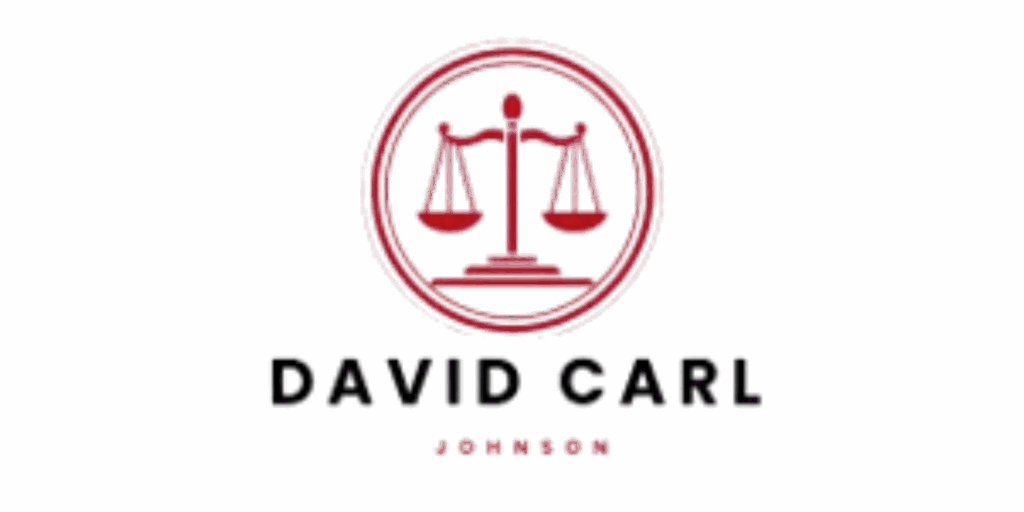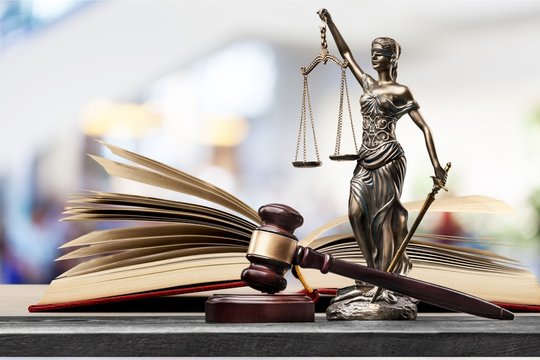Being involved in an accident can be a life-changing event. Whether it happens on the road, at work, or in a public space, the experience can lead to a wide range of challenges—physical pain, emotional distress, and unexpected financial strain. In these moments, it’s easy to feel overwhelmed. That’s why having access to clear, reliable information is so important. This guide is designed to help you better understand the general steps you can take after an accident. While every situation is unique, there are a few common actions that can help protect your well-being and ensure you’re better prepared for what comes next.
Immediately after an accident, your health should always come first. If you or anyone else involved is injured, call emergency services right away. Even if you feel fine or your injuries appear minor, it’s essential to be evaluated by a medical professional. Some conditions may not show symptoms immediately, and delays in treatment could complicate recovery later. Seeking medical attention also creates a documented record of your condition. This documentation is helpful when communicating with insurance companies, employers, or other entities involved in the aftermath of the incident. Keeping copies of medical records, appointment summaries, and receipts related to treatment is a good way to stay organized and prepared.
Once everyone is safe and medical needs are addressed, the next step is to document the scene. If you’re physically able, take photos of the area, including vehicles, property damage, weather conditions, and any other relevant surroundings. Be sure to take pictures from various angles and distances, as this provides a more complete picture of what happened. If there are visible injuries, document those as well. It may also be helpful to make written notes while the incident is fresh in your mind. Include details such as the time of day, what you were doing just before the incident, and any observations about what may have caused the accident. In addition, if there were any witnesses nearby, try to get their names and contact information. Their accounts can provide added context or confirmation of key facts.
In many cases, it is necessary to report the accident to an authority figure, such as a supervisor if the accident occurred at work, or a property manager if it happened in a public building. For accidents on the road, contacting local authorities can help ensure the situation is formally recorded. Request a copy of any incident or accident report that’s created, as this may be important later when addressing insurance claims or explaining the events to third parties. When speaking to anyone about the incident, focus on facts and avoid speculation. Saying too much too soon, especially without having a clear understanding of all the details, may create confusion later on. It’s okay to take time to gather information and seek clarity before making any statements or completing reports.
After the immediate aftermath is handled, you may begin to think about the longer-term impact of the accident. Depending on the situation, this could include medical bills, missed work, damage to personal property, or emotional distress. Understanding your options can help you take proactive steps toward recovery. For example, review your insurance policy or any benefits available through your employer that might assist with related expenses. Many people find it useful to keep a journal during their recovery, noting symptoms, appointments, and how the incident has affected daily life. This type of record can help you track progress and stay informed as you navigate any related procedures.
In some cases, seeking financial recovery is part of moving forward. This might include filing claims for property damage, lost wages, or medical expenses. It’s important to review any deadlines for submitting documentation and ensure you’ve kept copies of all relevant materials. While this process can seem overwhelming, breaking it into smaller steps—such as making phone calls, gathering documents, and filling out forms one at a time—can help you stay focused and feel more in control.
Education is key to making informed decisions. That’s why it’s beneficial to explore trusted, general resources that offer clear explanations of procedures, definitions of commonly used terms, and guidance on how systems typically work. This kind of foundational knowledge can give you the confidence to ask better questions and seek the right type of support for your specific needs. However, it’s also important to understand the limitations of general information. While guides like this one are meant to help you understand your options, they are not a substitute for professional guidance when it is required. Always use your best judgment and consider consulting appropriate professionals if your situation calls for personalized advice or specialized support outside the scope of educational content.
Being prepared, informed, and organized can go a long way in helping you recover after an accident. Although the aftermath may feel uncertain, taking thoughtful, informed actions early on can help protect your health, financial stability, and peace of mind. At its core, the recovery process is about giving yourself the tools to move forward—and that begins with understanding what steps to take, where to find helpful information, and how to stay focused on your well-being as you navigate what comes next.

